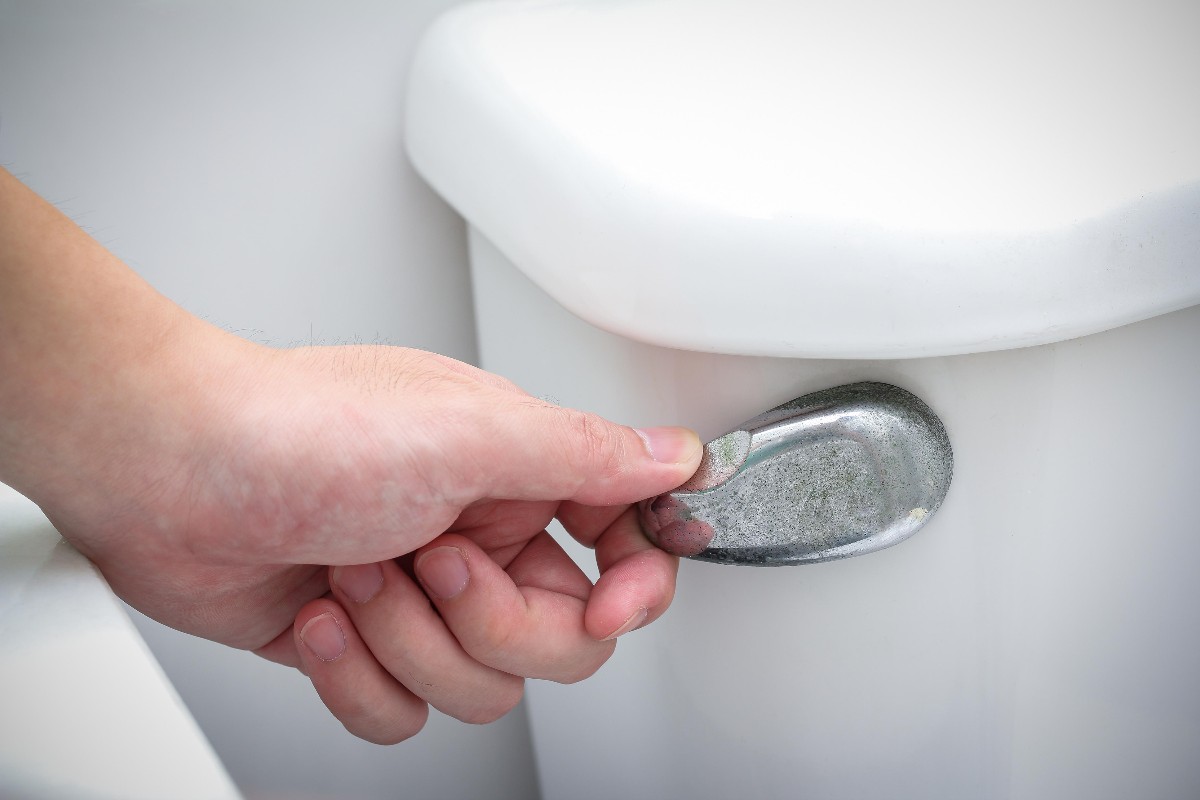
An experimental drug appears to help women deal with stress incontinence, clinical trial data show.
The drug, for now dubbed TAS-303, reduced the frequency of leaks related to stress incontinence by about 58%, compared with 47% reduction in a placebo group, trial results show.
Further, about 65% of patients taking TAS-303 had their stress incontinence episodes drop by at least half, compared with 53% of patients who got a placebo, researchers said.
“Our study adds new evidence that TAS-303 reduces the frequency of incontinence episodes in women with SUI,” researcher Momokazu Gotoh with Chukyo Hospital, in Nagoya, Japan, said in a news release.
TAS-303 is in a class of medications called highly selective noradrenaline reuptake inhibitors. These drugs typically are used to treat mental disorders like depression and ADHD.
However, prior research has shown that these drugs also can act to prevent stress incontinence by increasing pressure within the urethra, researchers noted.
Stress incontinence involves urine leakage when a person is exerting themselves or sneezing or coughing.
It’s a common problem in women, who can develop stress incontinence as a result of pregnancy, childbirth or menopause, Yale Medicine says. All those life events can weaken the muscles surrounding the urinary tract.
No medications are currently approved in the United States for stress incontinence. Instead, women are encouraged to perform exercises to strengthen their pelvic floor, and in chronic cases to undergo surgery.
For this study, 231 women with stress incontinence being treated at 25 clinics in Japan were randomly assigned to take TAS-303 pills or placebo tablets.
Women with more severe stress incontinence – two or more episodes a day – tended to have the best results with TAS-303, researchers said. Improvement also was greater in women 60 and older.
The results show that TAS-303 can be as effective as duloxetine, a similar stress incontinence drug that has not been approved in the U.S. or Japan because of its side effects, which include extreme nausea and a slightly increased risk of suicide or violence among patients with major depression.
“Based on these findings, TAS-303 may be considered to have comparable efficacy with that of duloxetine and improved safety due to the absence of nervous system- or gastrointestinal-related adverse drug reactions,” Gotoh said.
Researchers said that combining TAS-303 with pelvic floor exercises might allow for the most rapid improvement in symptoms.
More clinical trials are needed to confirm the effectiveness of TAS-303, the researchers added.
The study appears in the Journal of Urology, and was funded by Taiho Pharmaceutical, the Japanese developer of TAS-303.
More information
Yale Medicine has more on stress incontinence.
SOURCE: Wolters Kluwer Health, news release, July 11, 2024
Source: HealthDay
Copyright © 2026 HealthDay. All rights reserved.

Leave a Reply